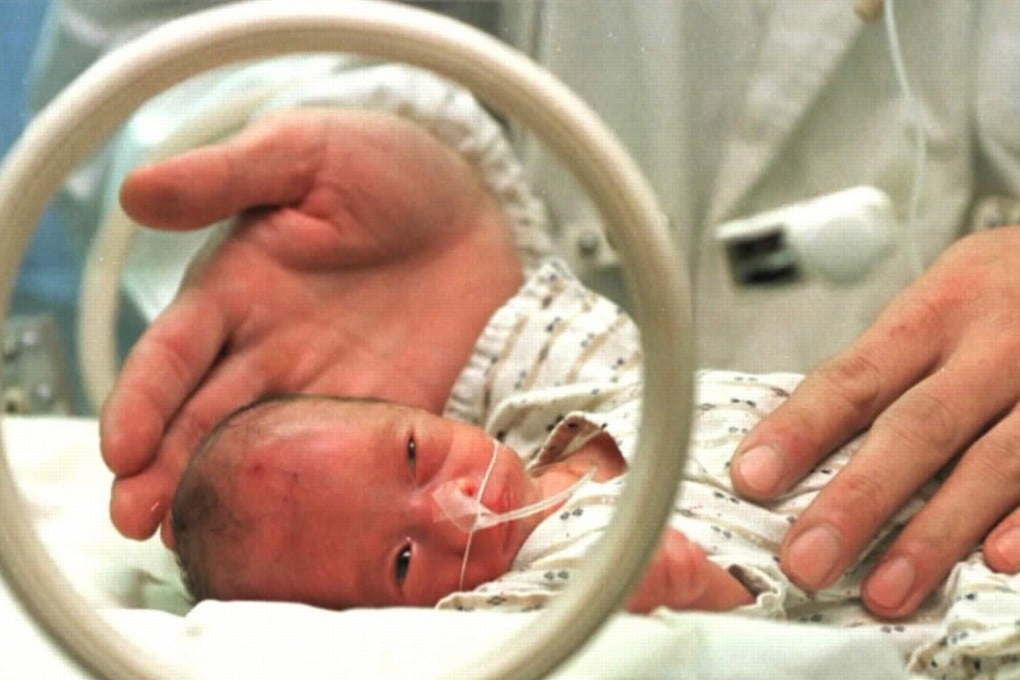Could a cheap blood test predict a baby’s birth date? New study holds promise
Blood test could help save babies who would otherwise die because they were born unexpectedly early

Babies, as every mother knows, tend to arrive on their own, often mysterious, time schedules.
But what if there were a cheap way to predict a baby’s birthday accurately, including the risk of a premature baby?
For thousands of years, pregnant women have wondered about that and now a team of researchers may have hit upon a way to do it.
The journal Science reported in its June issue, published Thursday, a promising new study of “non-invasive” ways to monitor fetal development, and predict gestational age and pre-term delivery.

Ultrasound tests, now a familiar gold-standard procedure during pregnancy, can show a fetus’ development but they’re expensive so they’re not ideal in poor communities around the world. Also, they don’t predict spontaneous preterm birth, a leading cause of infant death.
Counting weeks from one’s last period is the age-old method but it depends on memory and is often imprecise. Inaccurate dating can lead to unnecessary decisions to induce labour or to Cesarean sections, requiring extended postnatal care and increased medical costs.
